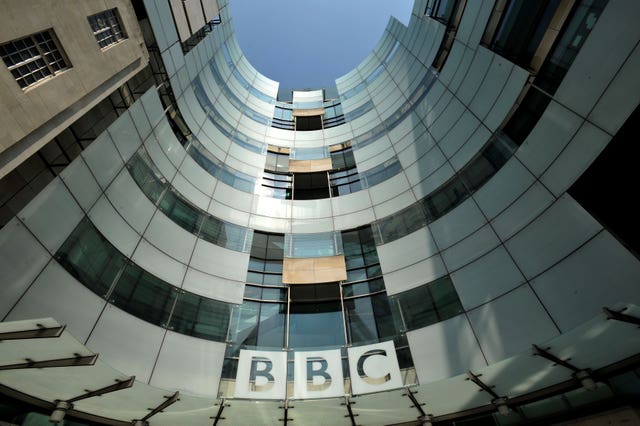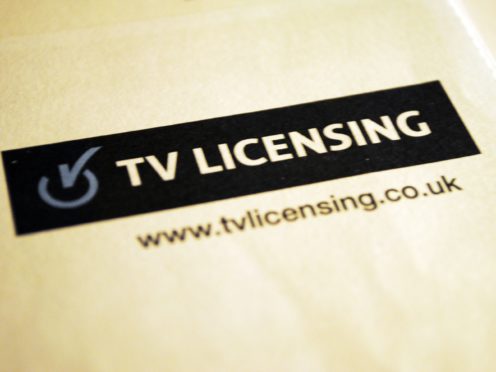Women living alone are the most likely to be hurt by changes to free TV licences for over-75s, analysis suggests.
The Government-funded scheme, which provides licences to the elderly, ends in June 2020 and the responsibility will be passed on to the BBC.
A report released at the end of last year laid out four main options for the broadcaster – scrapping the concession, a 50% discount, raising the age threshold to 77 or 80 or means-testing in line with pension top-ups.

Age UK estimates that of 2 million people over 75 living alone, 1.5 million of them are women.
Claire Enders, of Enders Analysis, highlights this group as particularly vulnerable, alongside those with sight loss, in poverty and suffering from other medical conditions.
Asked about the solutions laid out by the BBC, she told the Voice Of The Listener & Viewer (VLV) conference: “They all have benefits and weaknesses.
“You’re trying to solve a £745m problem on paper, but they don’t take account all of the issues that Caroline (Abrahams) and I understand very well, which is about the fabric of life and fabric of culture and particular issues.
“One third of people who could get pension credit do not get it and we think this would fall particularly hard on women who are living alone.
“They would be the people who are the least likely because they are the least likely to apply for pension credit.”
Ms Abrahams, charity director of Age UK, said changes to the licence would most affect the chronically lonely – with the majority of these people likely to be women.
She told the conference: “There’s a large group of older people which the television is their lifeline.
“It’s their link to our democracy, how they find out what’s going on in the world, and sometimes it’s the only voice they will hear all day or all week.
“We think it’s important that this isn’t just taken away, we don’t see any other solutions being put forward by the BBC as runners.”
During the panel on the implications of the BBC paying for over-75 TV licences, she stressed that the charity was “sympathetic” to the position the broadcaster was in and that it would be “totally bonkers” for it to means test recipients.
“I think that would be a very perverse outcome honestly, but we just don’t like any of those options, they all hurt different groups of people,” she added.
A BBC spokesman said: “Free TV licences for people over 75 are expected to cost £745m a year by 2021/22, and Government funding for the scheme ends in June 2020.
“We set out a range of options in our consultation – each with merits and consequences, and implications for the future of the BBC and for everyone, including older people.
“We invited a range of views to help the BBC make the best and fairest decision and the consultation is now closed.
“We will carefully consider all the responses and the BBC expects to make a decision by early summer.”
A Government spokesman said: “As part of a long-term funding agreement made in 2015, the BBC agreed to take over the responsibility for free licences for the over-75s from 2020.
“It is right that they have consulted with the public before making any decisions.
“The Government has been clear that we would want and expect them to continue with the important concession.”
